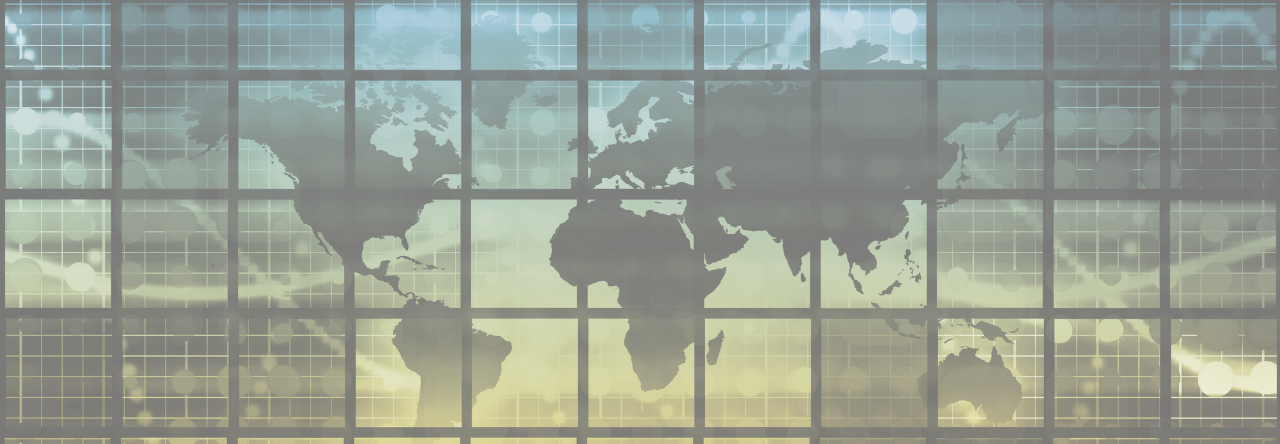This article is the English version of Pierre Grosser,
« Guerre d’Ukraine : un modèle coréen ? », published in Politique étrangère, Vol. 87, Issue 3, 2022.

The war in Ukraine has resulted in the Russian government ramping up its instrumentalization and manipulation of history, with the Great Patriotic War in particular being used intensively as a main source of legitimization. In the West, Russian aggression has prompted a revival of already overused historical analogies. Those who call for talks with Moscow and a rapid settlement are fearful of an escalation with tragic consequences, as in 1914, when leaders “sleepwalked” their way into the First World War. And those who are alarmed by a return to a world of authoritarian expansionist powers insist on the need to counter an aggressor described as genocidal; comparing Russia’s intentions to those of Hitler, they seek to avoid a repetition Munich-style appeasement of the 1930s and to bring about the fall of the regime. Analogies can also be made with the course and consequences of the Korean War (1950–1953), which, like the current war, had a Eurasian dimension: The Korean War raised fears that the USSR would take advantage of the war to attack Europe, while the war in Ukraine immediately raised fears of a Chinese offensive, in particular against Taiwan.





Vous devez être connecté pour poster un commentaire.